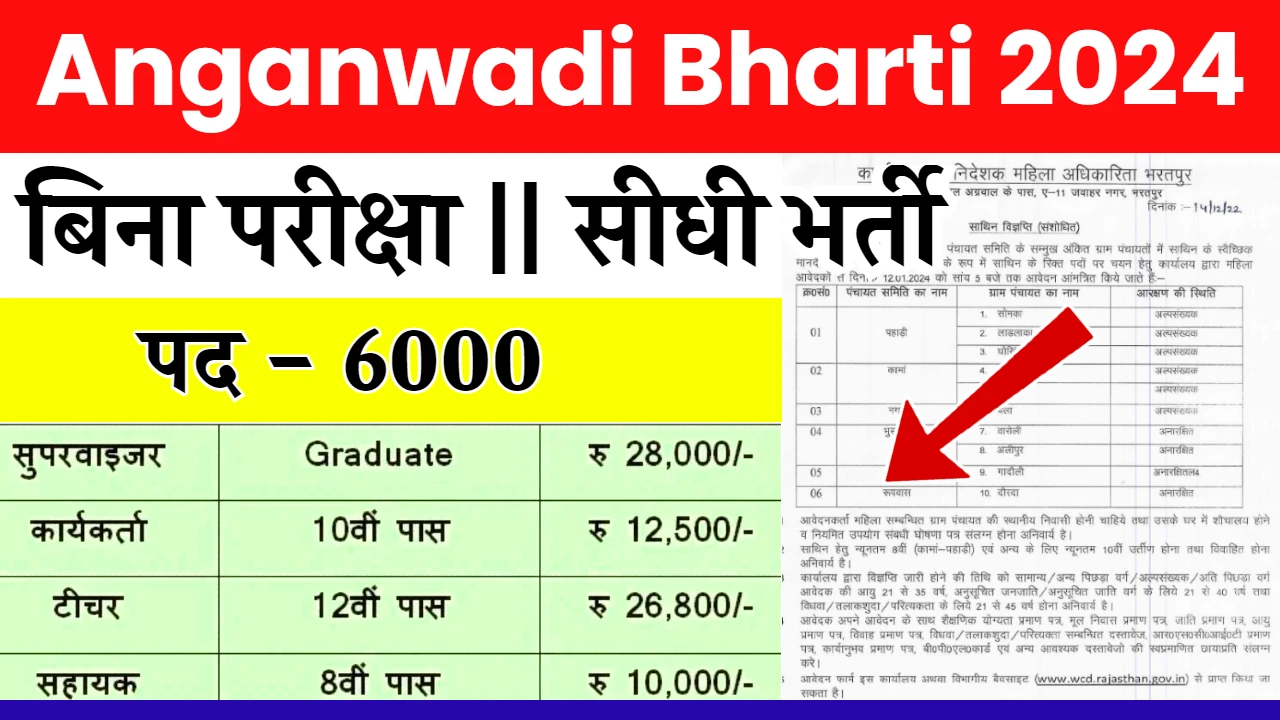In a world where access to clean water remains a challenge for many, initiatives like Jal Jeevan Mission Bharti hold significant importance. This mission strives to provide safe and potable water to every rural household in India. In this article, we’ll explore ten effective strategies to enhance the implementation and impact of the Jal Jeevan Mission Bharti.

Understanding Jal Jeevan Mission Bharti
Jal Jeevan Mission Bharti, a flagship initiative of the Government of India, aims to ensure piped water supply (Har Ghar Nal Se Jal) to all rural households by 2024. This mission not only focuses on water provision but also emphasizes water conservation and management.
The Importance of Water Accessibility
Access to clean water is crucial for various aspects of life, including sanitation, hygiene, agriculture, and livelihoods. Jal Jeevan Mission Bharti recognizes this significance and strives to address water scarcity issues effectively.
| Yojana | Jal Jeevan Mission 2024 |
| Aim | To provide proper water connection to Villages |
| Beneficiary | Indian citizen |
| Salary | Up to ₹ 6000 per month |
| Work Location | Home-based |
| Government Initiative | Yes |
| Scheme Goal | Provide clean drinking water to every household in rural India |
| Eligibility Criteria | Passed 10th or 12th grade |
| Official Website | https://jaljeevanmission.gov.in/ |
Strategies for Successful Implementation
1. Community Engagement and Participation
Engaging local communities in decision-making processes and project implementation fosters a sense of ownership and ensures sustainability. Community involvement enhances accountability and encourages active participation in maintaining water infrastructure.
2. Leveraging Technology for Monitoring
Integration of technology, such as remote sensors and data analytics, facilitates real-time monitoring of water supply systems. This ensures efficient resource management and timely identification of issues, enabling prompt corrective measures.
3. Capacity Building and Training
Investing in training programs for local authorities and stakeholders enhances their skills in water management, maintenance, and conservation. Building capacity at the grassroots level strengthens the implementation of Jal Jeevan Mission Bharti and promotes self-reliance.
4. Multi-sectoral Collaboration
Collaboration among various sectors, including government agencies, non-profit organizations, and private entities, amplifies the impact of water supply projects. Leveraging diverse expertise and resources accelerates progress towards achieving universal water access.
5. Emphasizing Sustainability Measures
Integrating sustainable practices, such as rainwater harvesting, groundwater recharge, and watershed management, ensures long-term viability of water sources. Sustainability measures mitigate the effects of climate change and enhance resilience to water-related challenges.
6. Addressing Gender Disparities
Recognizing the disproportionate burden of water collection on women and girls, initiatives under Jal Jeevan Mission Bharti prioritize gender equality. Empowering women through training and participation promotes social inclusion and equitable access to water resources.
| Document | Description |
| Aadhar Card | Mandatory government identification document |
| Resident Certificate | Proof of residence in the Panchayat area |
| Income Certificate | May be required depending on the specific job role |
| PAN Card | Permanent Account Number (optional, but recommended) |
| Mobile Number | Required for application and communication |
| Passport Size Photo | Recent photograph for identification |
| Bank Passbook | Proof of bank account for receiving salary |
7. Prioritizing Vulnerable Communities
Identifying and prioritizing marginalized and underserved communities ensures equitable distribution of water resources. Targeted interventions in remote areas and regions prone to water scarcity address the needs of the most vulnerable populations.
8. Innovative Financing Mechanisms
Exploring innovative financing models, such as public-private partnerships and community-based funds, expands funding sources for water infrastructure projects. Diversifying financing mechanisms ensures sustainable financing and reduces dependency on government subsidies.
9. Advocating Behavior Change
Promoting awareness and education on water conservation and hygiene practices instills behavioral change within communities. Empowering individuals to adopt water-saving habits and sanitation measures contributes to the success of Jal Jeevan Mission Bharti.
10. Continuous Monitoring and Evaluation
Regular monitoring and evaluation of project outcomes facilitate adaptive management and course correction as needed. Data-driven decision-making improves efficiency and enables the mission to adapt to evolving challenges and priorities.
Conclusion
Jal Jeevan Mission Bharti signifies a transformative endeavor towards ensuring water security and access for all rural households in India. By implementing these ten strategies effectively and inclusively, we can accelerate progress towards achieving the mission’s objectives and fostering sustainable development.




